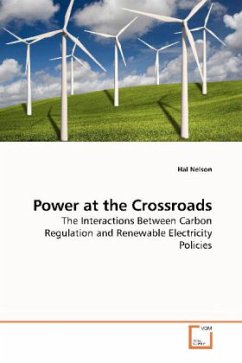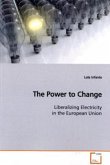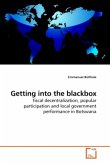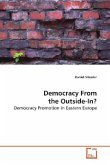The power sector is experiencing profound changes worldwide as policies are enacted to address the linkages between energy use and environmental degradation, energy security, and economic development. This research examines the interactions between a carbon dioxide (CO2) cap and a renewable energy quota, using the United Kingdom s power sector as a case study. Simulation scenarios show that energy efficiency underpins the success of both programs. Energy efficiency investments can eliminate the need for new nuclear plants and make compliance with the CO2 cap significantly cheaper. With higher fossil fuel prices, there is limited interaction between the two programs as the CO2 cap swamps the renewables target because renewables are favored in the least cost solution. The renewables quota must be included in the regulatory mix under periods of low fossil fuel prices otherwise firms will switch from coal to gas generation. The modelling shows that both programs are required in orderto deploy renewables as well as reduce CO2 emissions across a wide range of market and policy outcomes. The programs need to be jointly administered to reduce duplicative costs to industry.








